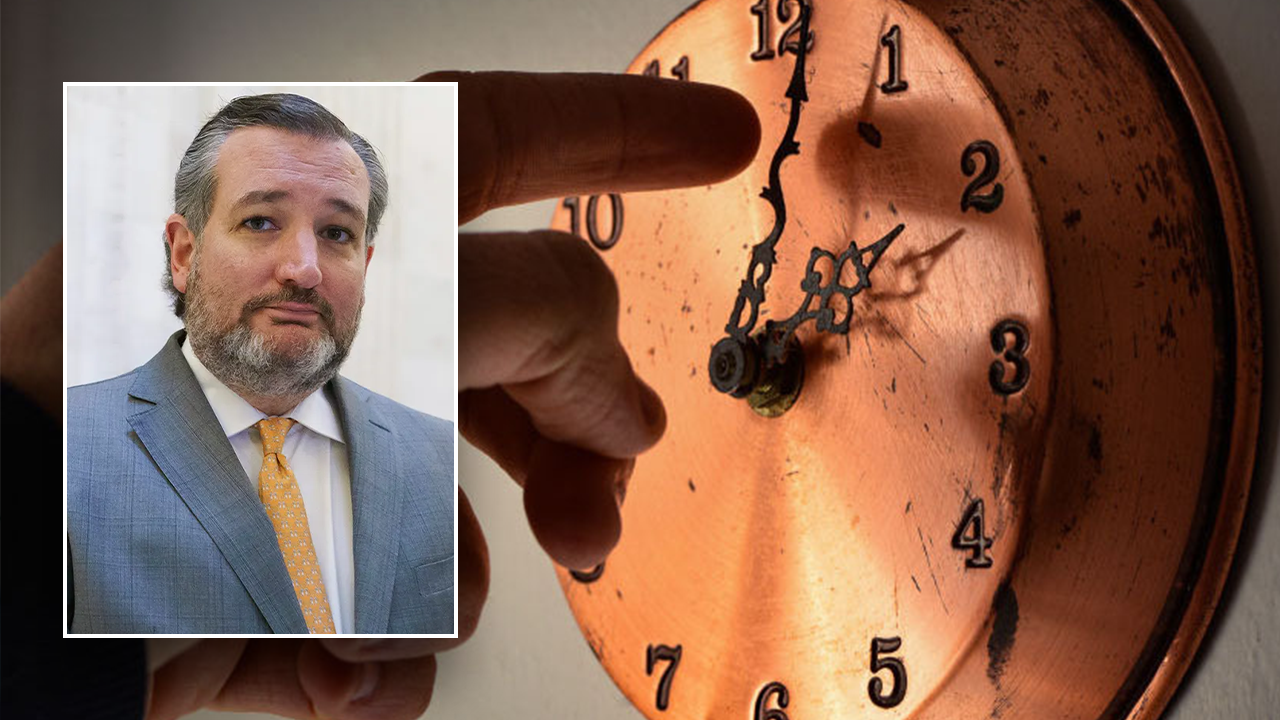Daylight Saving Time on the chopping block again, bipartisan panel says

In 1957, Rockabilly singer Bob Ehret famously sang, “We’ve got to stop the clock, baby; to spend more time with you.” Fast forward to a Senate Commerce Committee hearing where lawmakers on both sides of the aisle are debating the advantages of doing just that.
Chairman Ted Cruz, representing Texas, highlighted the origins of Daylight Saving Time, originally aimed at reducing energy consumption. However, he pointed out that the practice has led to increased auto accidents in the dark, workplace challenges, and objections from the agriculture sector reliant on early-morning sunlight.
Cruz emphasized the impact of changing clocks biannually on the economy, health, and everyday lives, stating that the practice goes beyond a mere inconvenience. He noted that the initial idea behind Daylight Saving Time was to reduce electricity consumption for lighting and heating.
Contrary to the past when the U.S. economy heavily relied on energy consumption tied to daylight hours, Cruz argued that the effects of sunrise and sunset timings are now minimal. He, along with Dr. Karin Johnson, a neurology physician from Massachusetts, discussed the health concerns associated with the time changes twice a year and advocated for the permanence of Daylight Saving Time.
The committee also heard from an official from the National Golf Course Owners Association, underscoring the increased revenue from evening activities like tee times made possible by daylight hours.
On the Democratic side, Sen. Lisa Blunt-Rochester of Delaware echoed the sentiment for a permanent time standard across the country. She mentioned a bill from Sen. Marco Rubio that aimed to abolish DST but stalled in the House.
Witnesses at the hearing highlighted that southern states like Florida and Texas would feel the negative effects of a permanent Daylight Saving Time the most. Sen. Edward Markey of Massachusetts shared his efforts to address issues arising from the time changes, ensuring events like trick-or-treating happen at more suitable times.
Scott Yates, the founder of the Lock The Clock movement, testified about the flawed history of DST, mentioning a brief period during the 1970s energy crisis when the Nixon administration attempted to make DST permanent.
The hearing delved into the impact of time changes on sleep patterns, mood disturbances, and even health outcomes like hospital admissions, heart attacks, and strokes. The discussion also touched on the history of DST, including Nixon’s short-lived attempt to make it permanent during the Watergate scandal.
As the conversation unfolded, Cruz humorously suggested that more daylight might have prevented the Watergate break-in, altering history in the process.
The Senate Commerce Committee hearing highlighted the complexities surrounding Daylight Saving Time and the need for a comprehensive approach to address its implications on various aspects of society. As the debate continues, it remains to be seen whether a consensus can be reached on the future of timekeeping practices in the United States.




